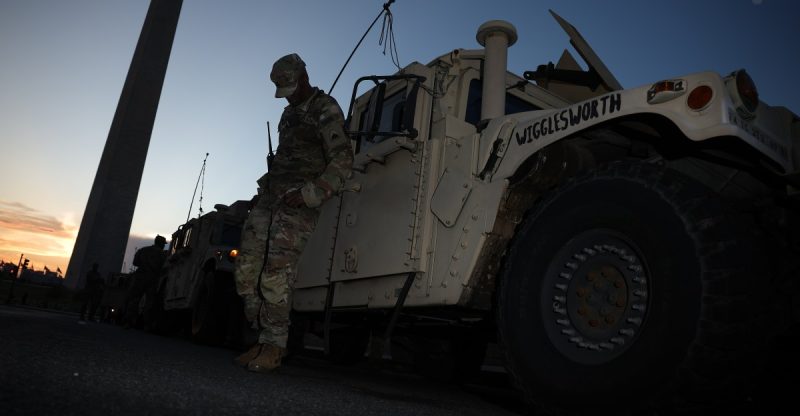
The recent federal takeover of DC’s police force, orchestrated by President Trump, has sent shockwaves through the political landscape. This bold move, coupled with Trump’s long-standing desire for greater federal control over the nation’s capital, raises serious questions about the future of DC statehood and the complex history underpinning the relationship between the federal government and the District.
For years, the push for DC statehood gained momentum, culminating in the House passing bills in 2020 and 2021 to grant the District the status of the 51st state. However, strong Republican opposition consistently thwarted these efforts. Now, with Republicans in power, the situation has taken a dramatic turn. Trump’s actions represent a significant setback for those advocating for DC self-governance.
This isn’t simply a matter of partisan politics; it’s rooted in a long history of paternalistic federal oversight of the District. The very creation of Washington, D.C., as the nation’s capital, set the stage for a power dynamic where the federal government held significant sway over local affairs. This has historically resulted in a lack of full autonomy for DC residents, who have been denied full representation in Congress.
Trump’s actions, therefore, aren’t surprising in this context. His stated belief that the federal government could manage the city better than its elected officials reflects this deeply ingrained paternalistic view. The federal takeover of the DC police force, coupled with the deployment of the National Guard, underscores this assertion of federal dominance.
The shift from a burgeoning movement for statehood to a federal takeover highlights the fragility of the progress made toward DC self-governance. The incident serves as a stark reminder of the enduring political battles surrounding the District’s status and the deep-seated power imbalances that continue to shape its relationship with the federal government. The future of DC’s autonomy remains uncertain, hanging precariously in the balance of political power and historical precedent.










